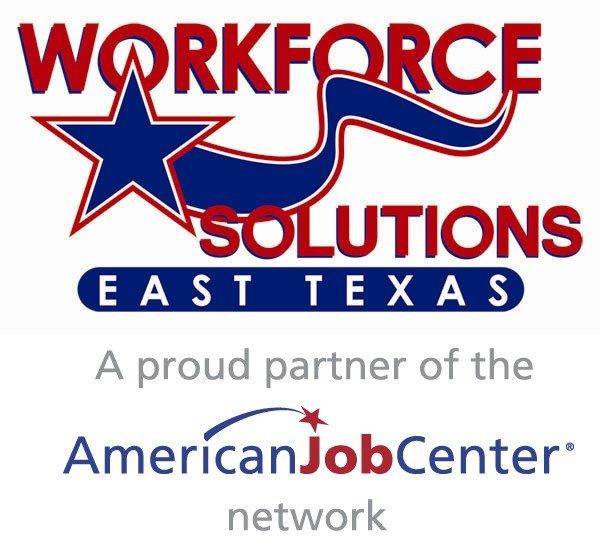Navigating Employment Epilepsy Diagnosis with Vocational Rehabilitation
Living with epilepsy presents a unique set of challenges, impacting various aspects of daily life, including employment opportunities. Whether you're considering returning to work or seeking employment for the first time after an epilepsy diagnosis, understanding your condition and accessing the proper support is crucial for success.
Tailoring Work Environment to Individual Needs
One key to successful employment after diagnosis is recognizing potential environmental triggers and making appropriate accommodations. For instance, if sensory overload or high stress causes seizure episodes, seeking a job with minimal public interaction or having the flexibility to step away from tasks when needed can be vital strategies.
The Role of Vocational Rehabilitation Services
Vocational Rehabilitation Counselors can help individuals with epilepsy navigate the job market. By understanding their unique needs and challenges, these counselors can connect them with the right services and support.
Accessing Vocational Rehabilitation Services
Just as individuals with brain injuries can benefit from Vocational Rehabilitation Services, those with epilepsy can also find valuable assistance through these programs. Whether exploring job opportunities, finding necessary accommodations, or accessing community support, Vocational Rehabilitation Services is here to help.
Living with epilepsy doesn't have to hinder your ability to find and maintain employment. Understanding your condition, identifying triggers, and accessing appropriate support can increase your chances of long-term success in the workforce. Remember, you're not alone on this journey, and reaching out for help can make all the difference.
For more information and resources, consider reaching out to your local Vocational Rehabilitation Office. Remember, there's support available to help you navigate the path to employment with confidence. Visit www.easttexasworkforce.org/vocational-rehabilitation-services.








